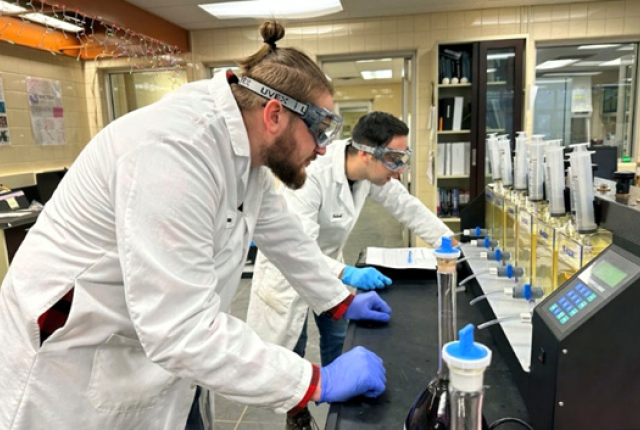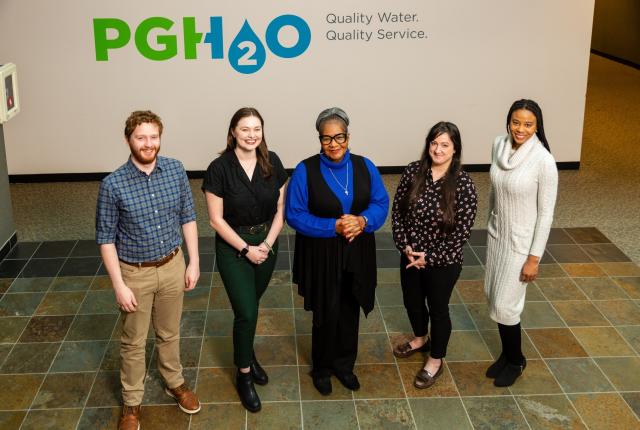
Pittsburgh’s first sewers were built as early as 1840 in what is now Pittsburgh’s Shadyside and Oakland neighborhoods. By the early 1900s, nearly 400 miles of underground sewer lines were in place, establishing the foundation of our sewer system.
However, these early public sewers discharged directly into the Monongahela River. This kind of river pollution, made worse by a lack of water filtration, contributed to the 1880s typhoid fever outbreak, which resulted in the deaths of more than 8,000 people in the area over 25 years.
It wasn’t until 1959 that ALCOSAN became fully operational to accept and treat millions of gallons of used water before returning it to the Ohio River. This regional investment vastly improved public health and water quality in our rivers.
While our sewers serve a simple purpose – to move sewage and stormwater away from homes and businesses for treatment – a sewer failure can be very impactful. When sewer walls crack or collapse, they can cause sinkholes and sewer backups.
That’s why we’re investing more than $41 million dollars into Pittsburgh’s sewer system this year. From large diameter sewer main projects, which will rehabilitate aging sewer pipes, to the recent rehabilitation of the 100-year-old M-29 sewer outfall on the Monongahela River, which will help reduce backups into the Four Mile Run neighborhood, we’re making the improvements needed to extend the useful life of Pittsburgh’s sewers and protect our environment. You can learn more about the investments we’re making in this issue or by visiting our Sewer webpage.
Finally, we all can play a part in helping keep our sewers flowing. Only flush items the sewer is designed to handle – toilet paper, human waste, and nothing else. Fatty, oily foods, car or mechanical grease, and wipes marketed as flushable build up over time, block the flow of wastewater, and cause the system to overflow.
Please be sure to follow us on social media for #SewerAwarenessMonth content this September.


